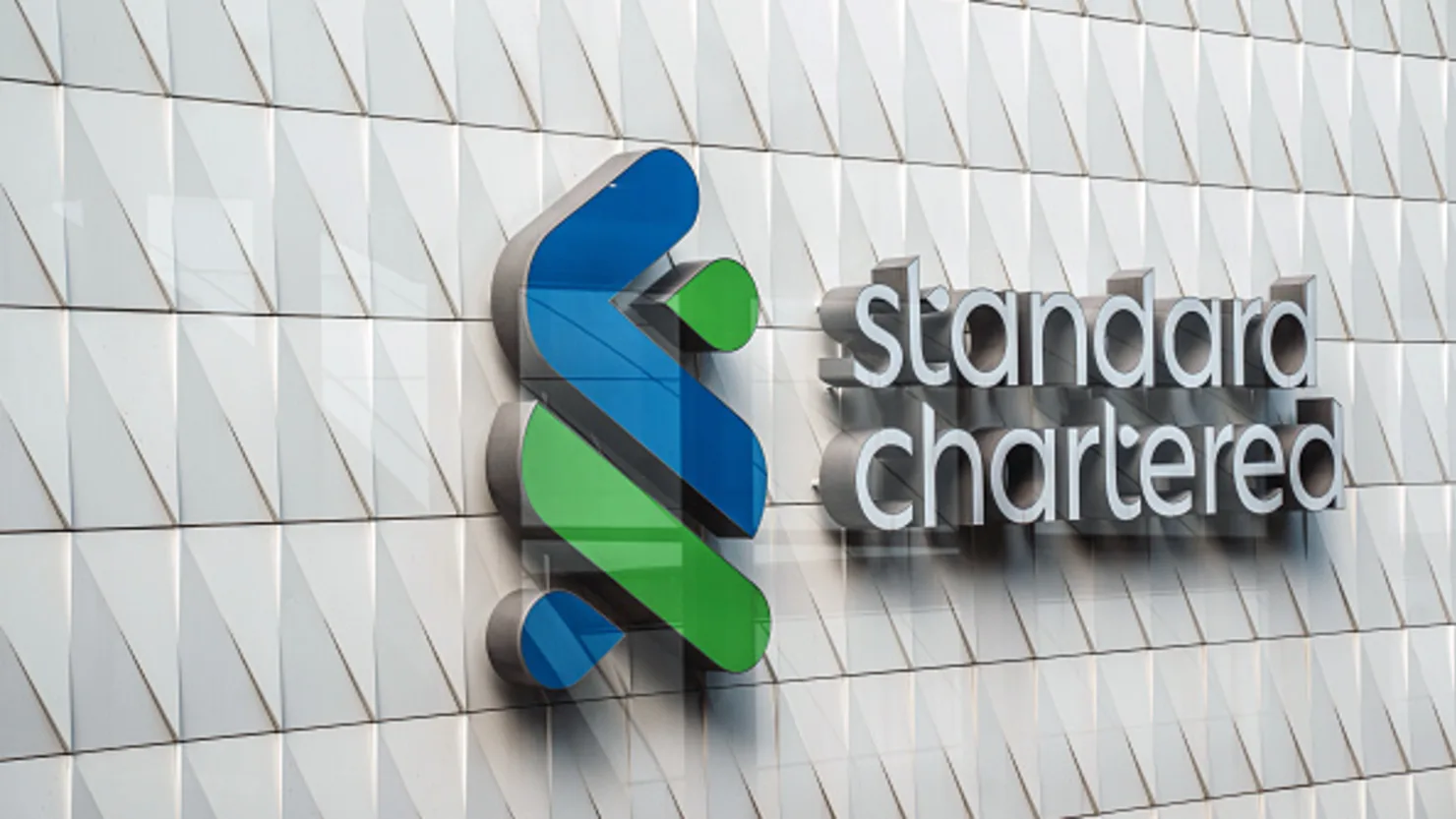Standard Chartered raised its 2024 income guidance on Wednesday after reporting third-quarter profits that exceeded expectations, fueled by strong performance in its wealth management segment. The London-based bank reported pre-tax profits of $1.81 billion, surpassing analysts’ estimates of $1.59 billion, and a significant 37% increase from $1.32 billion in the same period last year.
Income Growth and Rising Profit Margins
The bank’s net interest income came in at $2.6 billion, slightly above the forecasted $2.57 billion, with a notable rise in its net interest margin to 1.95% compared to 1.63% a year earlier. This increase in lending profitability reflects the bank’s advantage in a high-interest rate environment, particularly in Asia, where it generates most of its revenue.
Standard Chartered also announced an upward revision of its 2024 operating income target to around 10%, up from its previous guidance of more than 7% issued in July. Following the news, the bank’s shares rose 2.61% in Hong Kong afternoon trading.
Strategic Shift and Wealth Management Focus
The bank’s CEO, Bill Winters, highlighted Standard Chartered’s focus on “doubling investment” in its rapidly expanding wealth management division and shifting its mass retail strategy to concentrate on affluent and international clients. These efforts align with the bank’s long-term vision to enhance returns from high-growth, high-return segments and pivot away from lower-performing areas.
In line with this strategy, Standard Chartered revealed it is considering selling parts of certain business units that no longer fit its strategic objectives.
Cost-Saving Initiatives and Expansion-Related Expenses
Operating expenses for the third quarter rose by 3% to $2.9 billion, driven by inflation and expansion-related costs. However, the bank’s cost-saving program, “Fit For Growth,” introduced earlier this year, has started to mitigate some of these expenses. The initiative, aimed at reducing expenses by $1.5 billion over the next three years, has identified over 200 potential cost-saving projects to boost operational efficiency.
Industry Context and Future Outlook
Standard Chartered’s results come amid a broader industry trend, as rival HSBC also announced a $3 billion share buyback alongside better-than-expected third-quarter earnings. While rising interest rates have supported profitability across the banking sector, the potential shift to a lower-rate environment could impact revenue growth in the coming quarters. Standard Chartered’s management noted that lower rates have already led to a modest decrease in loan pricing, with gross yields dropping by 10 basis points from the previous quarter.
The bank, which completed a record $1.5 billion share buyback earlier this year, did not announce additional buybacks in this earnings release, keeping its focus on income growth and strategic adjustments as it navigates shifting economic conditions.





